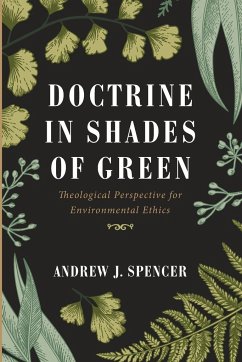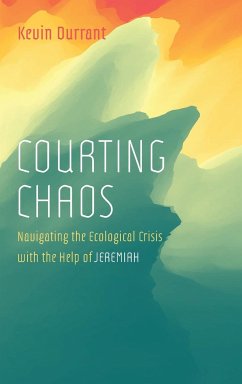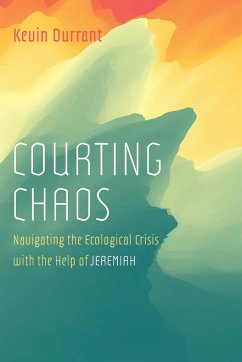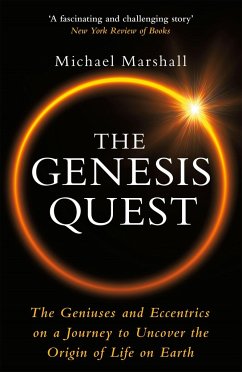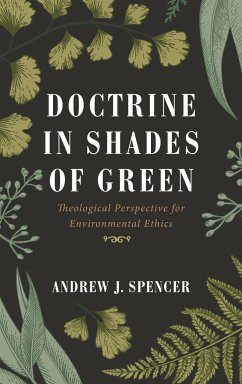
Doctrine in Shades of Green
Versandkostenfrei!
Versandfertig in 1-2 Wochen
39,99 €
inkl. MwSt.
Weitere Ausgaben:

PAYBACK Punkte
20 °P sammeln!
How we come to our conclusions about ethical issues matters as much as the specific policies or practices we commend. This book argues that four key doctrines form a theological perspective for environmental ethics. They are the key ideas upon which people build their ethics of the environment. By looking at the doctrines of revelation, creation, anthropology, and eschatology, we can find points of contact to work together more effectively for the common good and have more meaningful debates when our positions differ. This book uses examples from four different theological positions--ecotheolo...
How we come to our conclusions about ethical issues matters as much as the specific policies or practices we commend. This book argues that four key doctrines form a theological perspective for environmental ethics. They are the key ideas upon which people build their ethics of the environment. By looking at the doctrines of revelation, creation, anthropology, and eschatology, we can find points of contact to work together more effectively for the common good and have more meaningful debates when our positions differ. This book uses examples from four different theological positions--ecotheology, theological liberalism, fundamentalism, and evangelicalism--to show that a creation-positive ethic is possible from all of these positions, and it explores why people who stand within various theological streams may engage in environmental issues in diverse ways.





